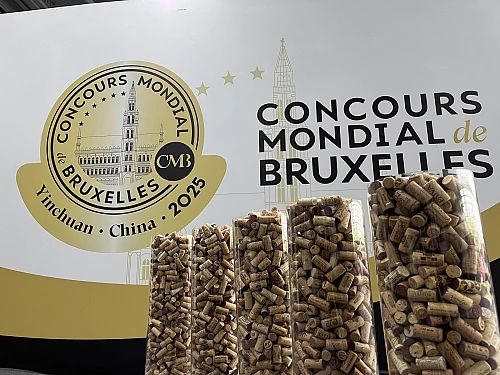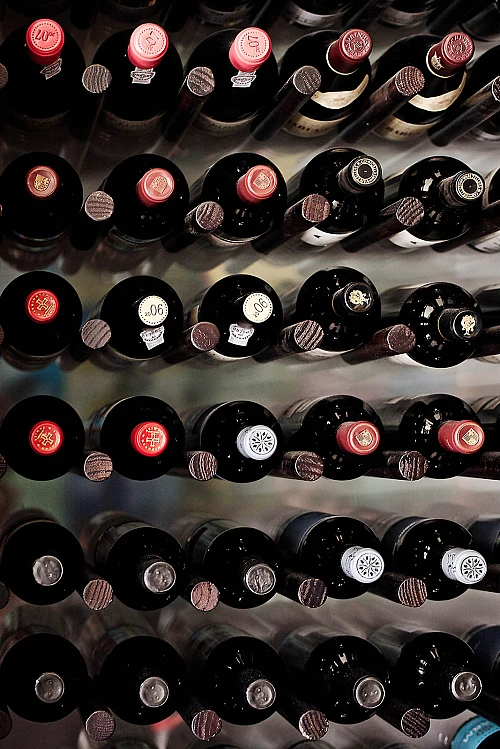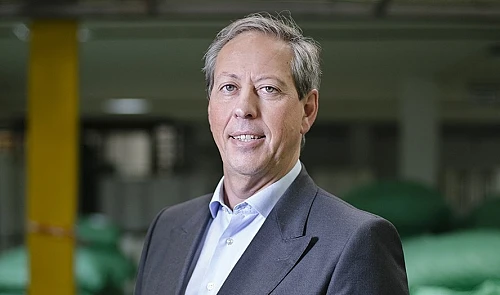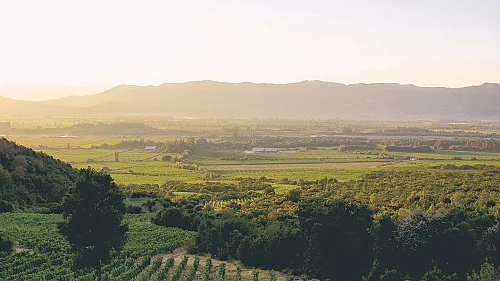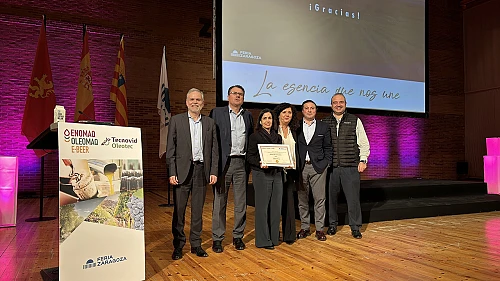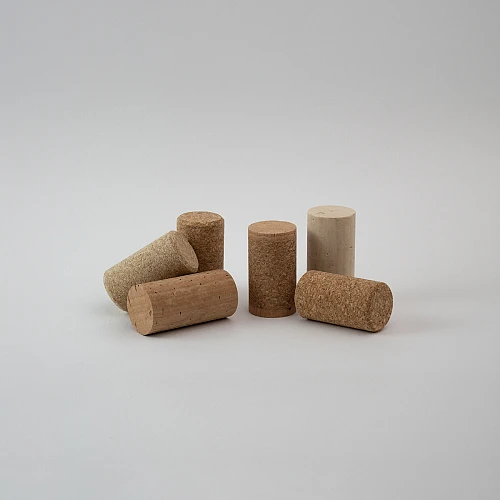- Media Center
- News
News Media Center
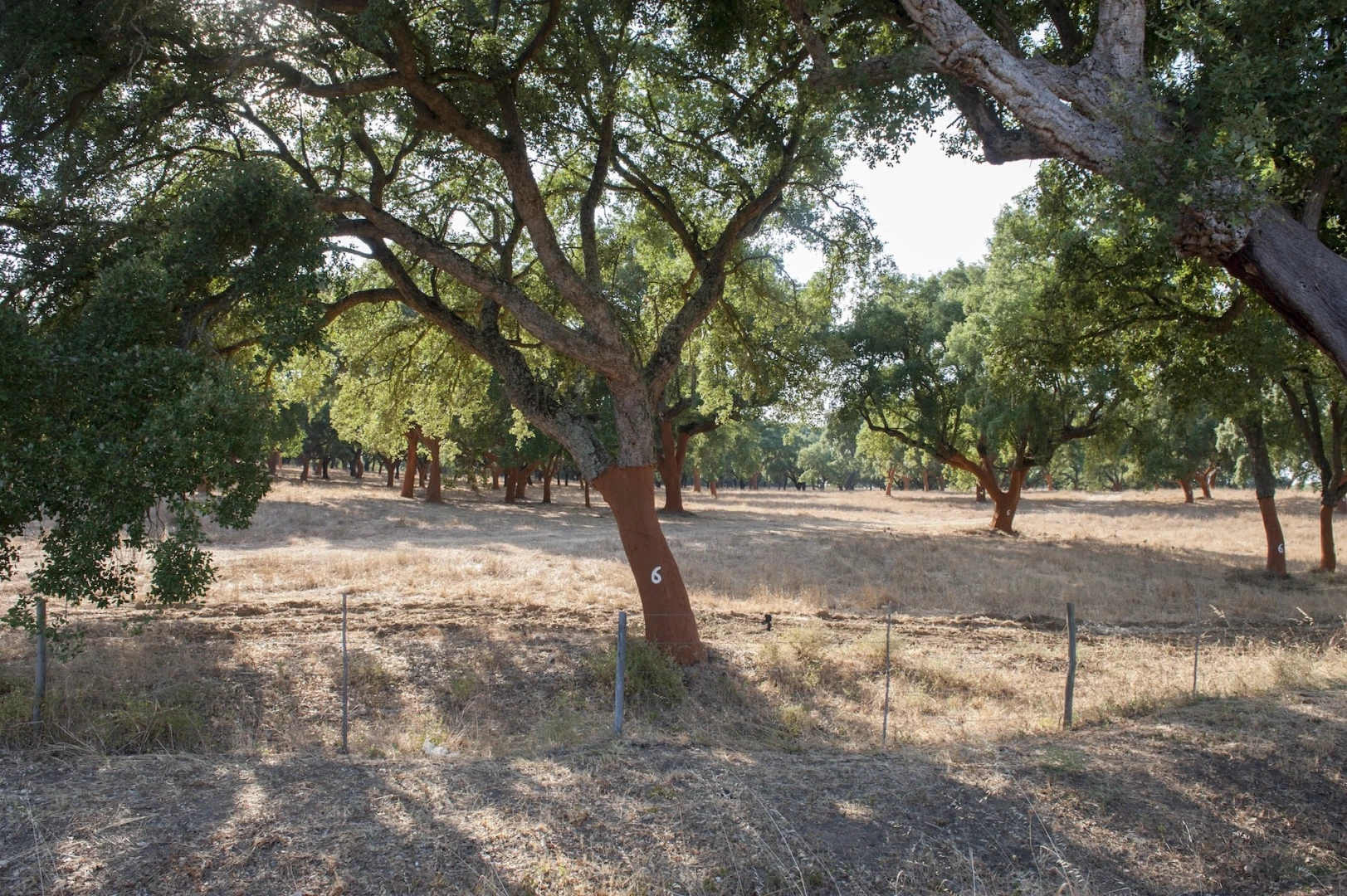
REGACORK: Extraction of cork in 12 years
Over recent years cork production has decreased throughout the world, in terms of quantity and quality. The loss of vitality of the cork oak tree (Quercus suber) has been caused primarily by poor management practices, climate change and increased attacks by biotic and abiotic agents. This problem is further exacerbated by the extensive time period before the first harvest is possible, a natural characteristic of this type of plantation, which takes about 25 years before it is possible to extract raw material with sufficient properties to be considered profitable. This is a problematic situation for the sector, and for the Portuguese economy and natural heritage. The REGACORK research project sees this as an opportunity.
REGACORK, backed by several agricultural estates and companies, and research and conservation institutes, currently monitors around 12 experimentation areas. Located primarily in the Alentejo region, five of these areas are used for pilot trials and the others for commercial plantations. Amorim Florestal coordinates the initiative and also plays a key role in terms of research and monitoring. Amorim Florestal's laboratories conduct annual analyses of the cork oak plantations in a fertigation regime. It is thereby able to individually monitor the production of cork from each cork oak tree, in terms of calibre and quality.
The main objective of the REGACORK Operational Group - a project coordinated by Amorim Florestal and the University of Évora - is to enhance the cork sector, from producers to manufacturers, by making it possible to harvest cork at an earlier date, favouring growth of cork oak trees in intensive production plantations and fostering their vitality, by mitigating situations of hydric stress.
This project has four specific objectives:
- Determine fertigation methods for cork oak trees on a scientific basis. A pioneering test in the Herdade do Corunheiro estate, in Coruche, is currently studying the best, super-efficient and most effective relationship between growth of cork oak trees versus water savings;
- Enable earlier and profitable harvesting of cork in new cork oak plantations with fertigation. In another pilot test currently taking place in the Herdade do Conqueiro estate, in Avis, it has been possible to extract virgin cork from some cork trees after only 8 years, compared to the usual 18-25 years of the traditional system;
- Assess the effect of fertigation on the formation, production and quality of cork in plantations of adult cork oak trees, or in a pre-harvest situation. It is important to note that experiments using fertigation with adult cork oak trees solely aim to anticipate our knowledge. In other words, the programme does not aim to convert cork oak forests (montados) and non-irrigated cork forests into extensive plantations for fertigation;
- Transfer the resulting technical and scientific knowledge for the creation of new cork oak plantations;
REGACORK aims to achieve the following final results:
- Launch a Plantation Management Manual of cork oak trees with installation of improved irrigation;
- Ensure the profitability of marginal areas in irrigation perimeters, which are currently under-utilised;
- Create new cork oak plantations with a higher carbon sequestration capacity;
However, and as expected, REGACORK also intends to considerably improve the profitability levels of the cork sector and, at the same time, increase the response of the cork market to the demand for raw material in the medium term, increasing the availability of amadia cork, higher quality cork that combines the characteristics necessary for the production of stoppers and that is around 220 thousand tons / year. To obtain world production of cork, to this value we must add the approximately 100 thousand tons of cork from pruning, thinning and sanitary interventions in the cork oak stands.
